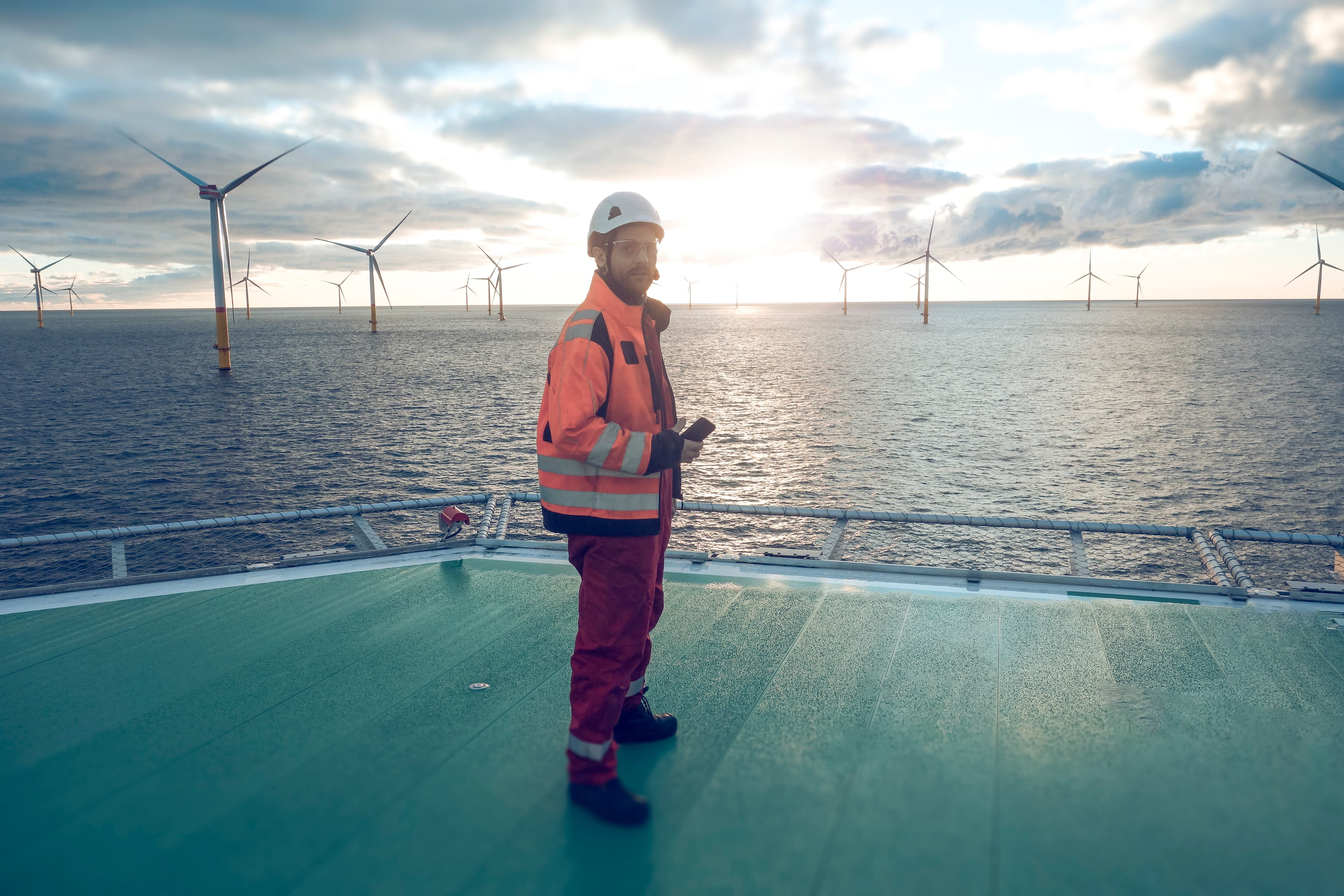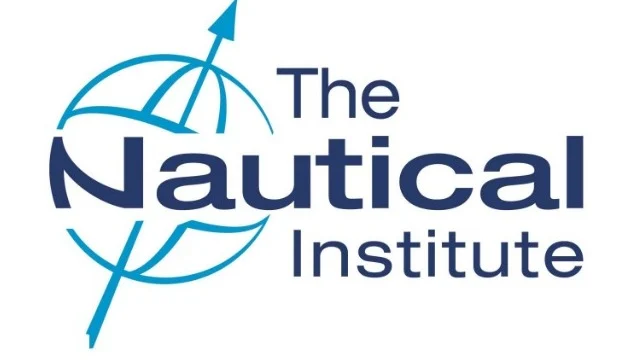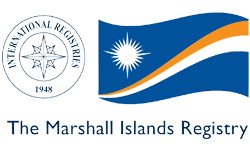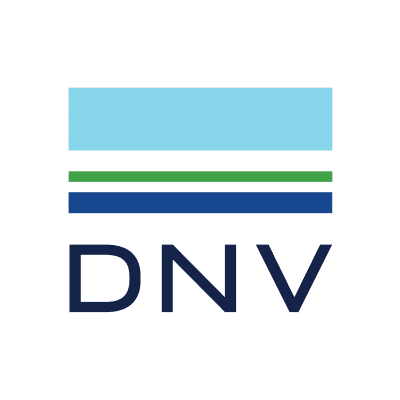Industries

Solving real-world challenges with safety, skills, and innovation
As experts in workforce development, we combine the dedication of our people with innovative technologies to solve real-world problems. We understand the complex industries we work in because we’re right there alongside with our clients. We know what it takes to deliver training that saves lives and keeps people safe. But we do more. Whether it’s teaching new skills, delivering leadership training, or managing large training programs, we help our customers succeed and perform better. We don’t just meet your needs—we anticipate them.
Video
Popular courses

Looking for new directions? Discover our guides and insights
Explore exciting opportunities across the maritime, renewables, and oil & gas industries. Our in-depth guides and expert insights are crafted to help you deepen your industry knowledge, whether you're looking to sharpen your expertise, expand your skill set, or stay ahead of the curve in your field. With our support, you'll be equipped to make informed decisions and excel in the ever-evolving landscape of these essential sectors.
17
Training centres
46
Years of experience
500+
Employees
12k
Courses held in 2023

Our global reach
With training centres strategically located in key industry hubs worldwide, we offer global accessibility. Regardless of your location, you can benefit from our consistent, high-quality training that meets local and international standards.

Maersk Training
46 years in business
We are a global training and consulting organisation founded in 1978 that is part of the A.P. Moller – Maersk group. We work with organisations and individuals in the Oil & Gas, Maritime, and Renewables industries to enhance safety culture and operational performance, while aiming to provide a better learning experience.
Here to support, train, and help you succeed
Reach out to our dedicated team should you need any information from course availability to course locations, and we will be more than happy to help you out.

Sign up to our newsletter
Stay ahead in the world of maritime and offshore training by signing up for the Maersk Training newsletter! Be the first to receive industry insights, expert tips, and exclusive updates on our latest courses designed to enhance your skills. Whether you're looking to advance your career or stay informed about safety innovations, our newsletter brings valuable knowledge directly to your inbox.
Don't miss out—sign up today and take your professional development to the next level with Maersk Training!












